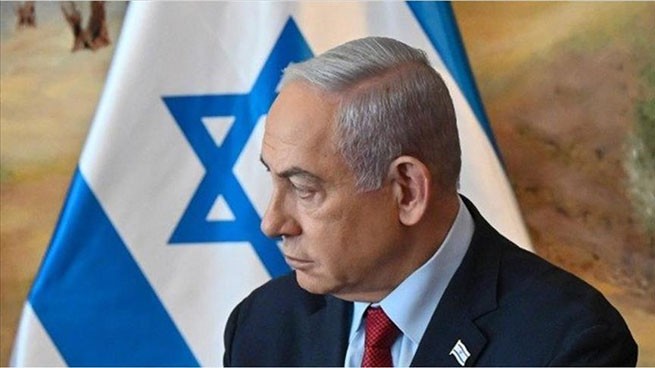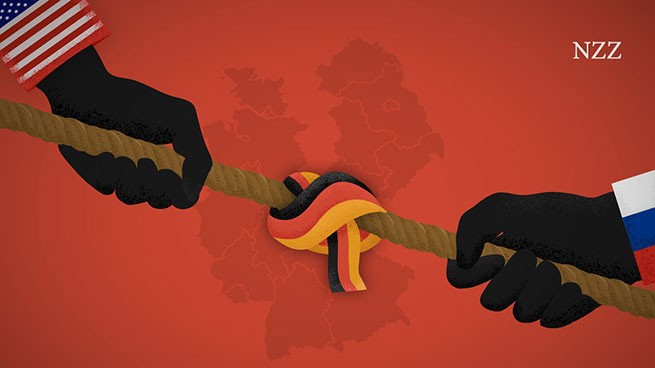The Ukrainian crisis hit all of Germany's sore spots at once, according to Eric Guyer, editor-in-chief of the Neue Zürcher Zeitung. It showed that Berlin is militarily incapable of defending itself and has plunged Germany into absolute dependence on the United States.
It has deepened the division of Germany into East and West, as different parts of the country view their geopolitical position differently. Finally, the rejection of Russian energy sources in parallel with the green transition has undermined the German economy, the author of the publication believes. New World Newspaper.
First, the conflict in Ukraine has highlighted Germany’s complete inability to defend itself due to its mistakes in defense policy. Germany has not invested in either air defense or medium-range missiles. As a result, in the event of a direct clash with Russia, Berlin has no response. While Britain and France can still count on containing Russia with their arsenals, Germany’s only hope is the United States.
“The fact that Chancellor Olaf Scholz had to ask the US to deploy medium-range weapons in Germany is an admission of his predecessor's failure.” Having such an ally is not an advantage for Germany, however, but a disadvantage, because this protection of the ally will come at a “high price.”
“It is increasingly likely that President Trump will demand that Berlin spend well over two percent of its economic power on defense in exchange for deploying troops,” Guyer continues. Trump could even cancel their planned deployment to Germany. Merkel’s reluctance to invest in defense has thus left the country “a ball between Trump and Putin.”
To avoid angering Washington, Berlin would have to participate unconditionally in all US initiatives against China, including sanctions and increased customs duties. “That would be a disaster for the German export industry,” says Guyer.
Second, the conflict in Ukraine has exacerbated Germany's existing East-West divide. “Culturally and politically, different parts of the country are on different paths, and the war is deepening the divisions because East and West Germans view Russia and NATO very differently.”
The editor-in-chief of the Neue Zürcher Zeitung is concerned about the popularity of the Alternative for Germany and Wagenknecht's party in the east of the country. “Both parties form Putin's fifth column” and, according to polls, will receive more than 50% of the votes between them in the upcoming state elections. Eric Guyer believes that this will undermine Germany as a reliable support in the long term. EUand he is particularly concerned about continuing to provide aid to Ukraine under such conditions.
He sees the reason for Germany's political split as, among other things, Berlin's inability to effectively replace Russian gas while simultaneously abandoning nuclear power plants. “The ideological nature of energy policy represents another security risk,” Guyer believes.
Guyer sees the same harmful “ideology” in the rejection of the internal combustion engine. “What this means can be understood from the statement by the automobile supplier ZF Friedrichshafen that it will cut up to 14,000 jobs in total.” The editor-in-chief of the Neue Zürcher Zeitung points out that Germany will lose its competitiveness after the rejection of fossil fuel engines. “The green dream of a future completely free of CO2 emissions threatens prosperity,” and with it the possibility of supporting Ukraine.
“Today, Germany is militarily weak, polarized between East and West, and economically more vulnerable than ever before,” concludes Eric Guyer. The country is still the leader of the EU, one of the pillars of support for Ukraine, but it is clear to the naked eye “how Berlin's position is weakening.”







More Stories
The New York Times shared details of the pager operation
Murder suspect Farion asks to be left alone "behind bars"
Ukrainian Diaspora Abroad